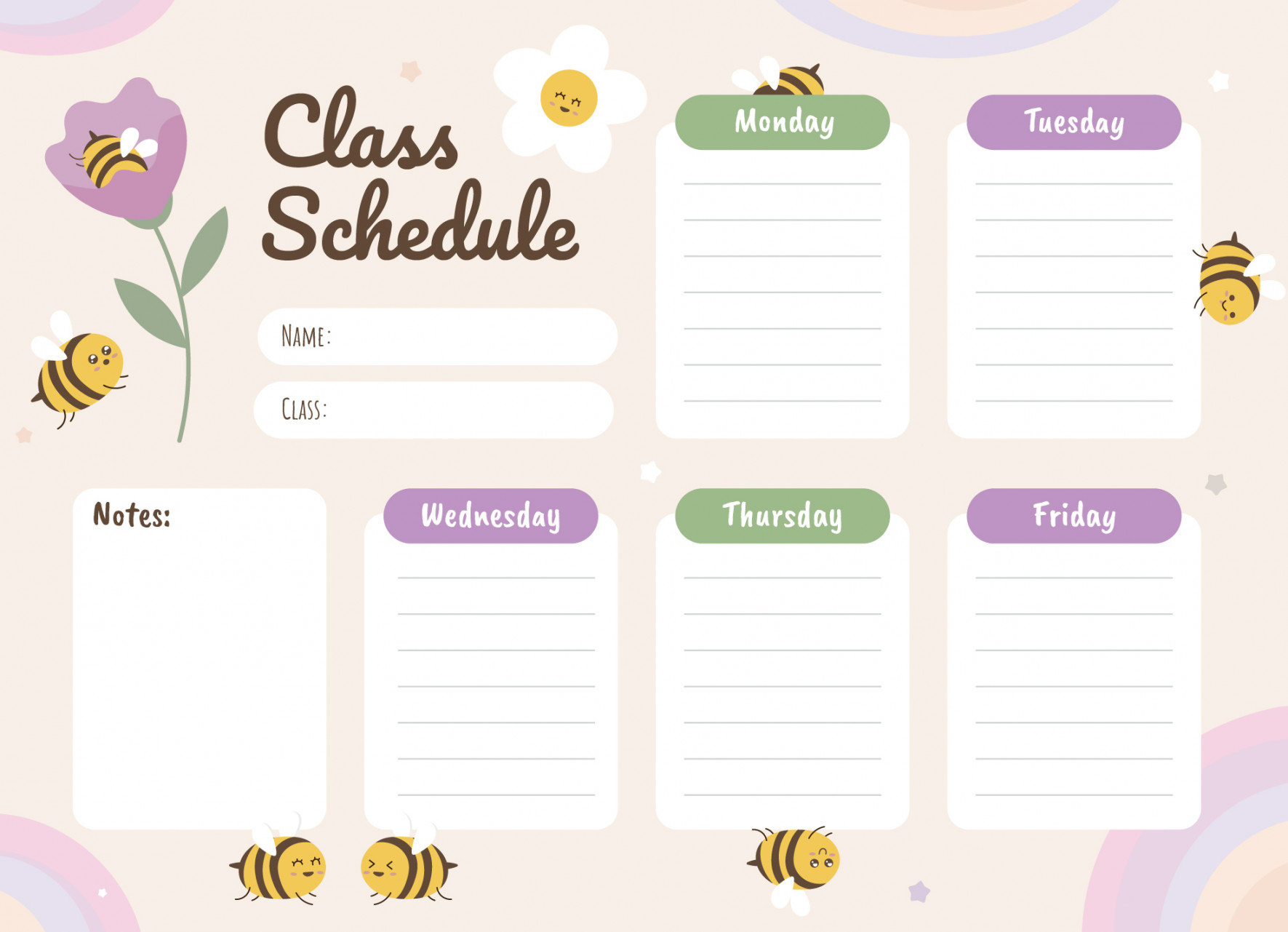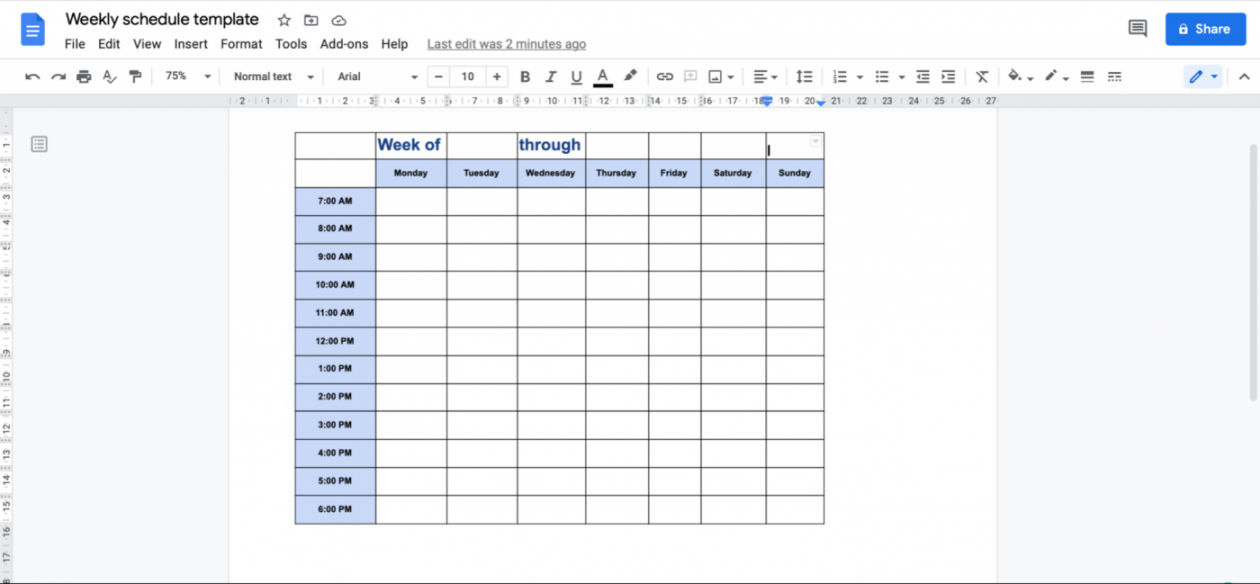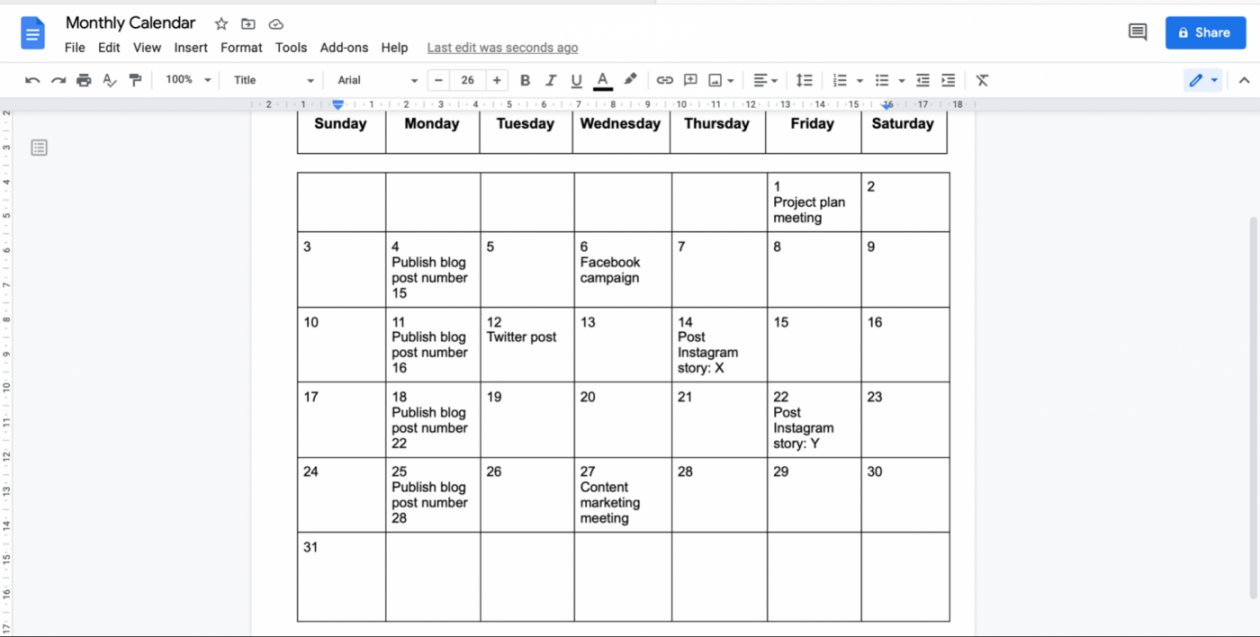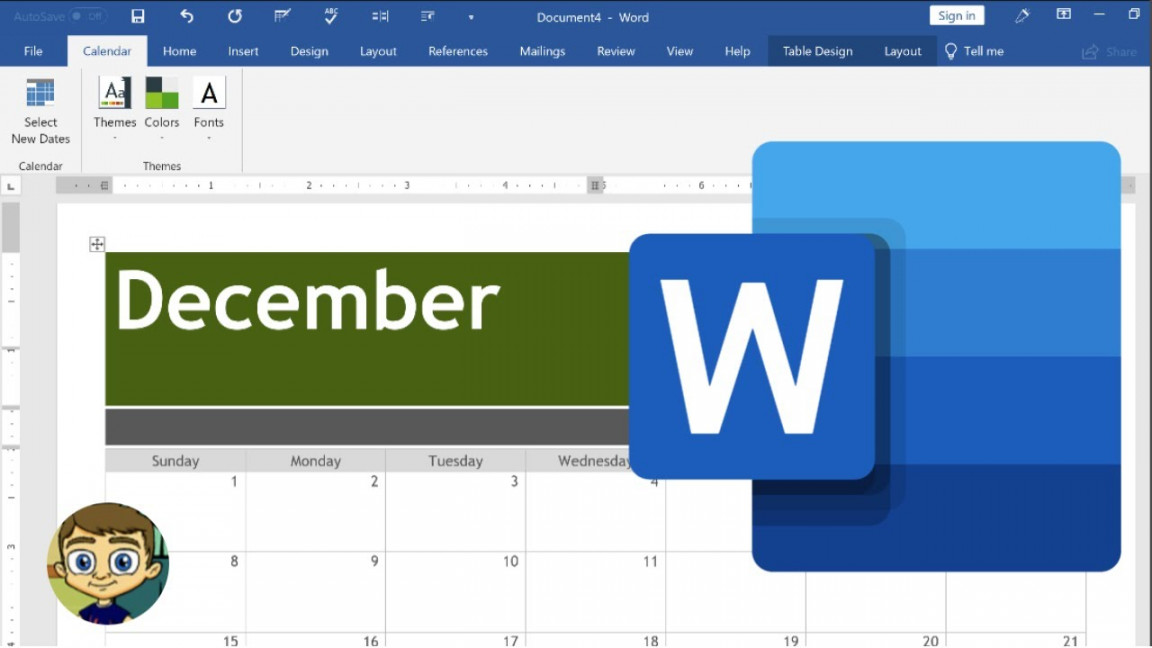How to add Markdown support to Google Docs
If you’d rather format your Google Docs document using text shortcuts than keyboard ones, you can — Google Docs offers Markdown support. Back in March 2022, in a blog post announcing the feature, Google explained it was doing this through its autocorrect feature so that Docs will automatically format the text for you after you type it in Markdown format. For example, if you type “# Google Docs is getting more Markdown support,” it’ll automatically get converted to a level one heading.
Before you can use Markdown, you have to activate the feature.
The feature is off by default — probably a good choice, as it’s easy to imagine a lot of people getting confused if typing a pound sign in front of something automatically switched it to be a header. To activate the feature:
When it first started, Docs supported a few Markdown autocorrections for bulleted and numbered lists and checkboxes. Later, it added much wider support — you can use Markdown to add headings, bold and italicize text (or do both), strikethrough (though it’s done using a – on either side of your content, rather than the traditional ~), and links. That’s far from a complete implementation of Markdown, but at least it covers most of what many of us personally use the language for.
If you’re used to writing in Markdown in other applications, Google Docs’ implementation is probably going to take some getting used to (even ignoring the seemingly nonstandard strikethrough syntax and absent options). Rather than showing you your marks in plain text, it uses them to automatically apply formatting and then gets rid of them. That’s different from how most other text editors display Markdown by default — usually, you’ll still be able to see the marks, with the editor also adding some type of formatting to give you an idea of how it’ll look when you publish.

A look at the various ways you can display Markdown — clockwise from top left: with no marks in Google Docs, with marks and formatting in iA Writer, showing marks for the line being edited and formatting everywhere else in Obsidian, and with marks and no formatting in TextEdit.
Whether you like this approach is probably a personal preference. Google’s implementation probably won’t appeal very much to the people who use Markdown to get complete control of their text (without having to bother with HTML’s annoying closing tags). But for anyone who just wants the ability to use Markdown as a shortcut to formatting and doesn’t care about fussing around with plaintext, Google’s way could be relatively approachable — instead of selecting text and pressing Command / Control + L to insert a link, you can just type a few brackets and parentheses.
(It’s also probably worth noting that this implementation is much friendlier for when you share a document with a co-worker who doesn’t know what Markdown is.)
Now, if you’ll excuse me, I think it’s time to start a campaign to get Google to add a Vim mode to Docs since it’s getting into the habit of adding fun nerdy features.




